4, December 2025
Death in custody of Anicet Ekane deepens post-election crisis 0
Anicet Ekane, president of the African Movement for New Independence and Democracy (Manidem), died on December 1 in Yaoundé, according to several relatives, including his sister and his lawyer, Me Simh. They said he had been held for more than a month at the Secretariat of State for Defense (SED), where he was considered one of the key figures in the post-election crisis following the October 12 presidential vote. Government authorities had not commented on his death at press time.
Arrested on October 24 in Douala by the gendarmerie, Ekane was later transferred to Yaoundé. He was one of the two founding members of the Union for Change 2025, the political platform that backed Issa Tchiroma Bakary as the opposition’s joint candidate in the October 12 election. According to his relatives, this choice drew strong hostility from the authorities in Yaoundé and weighed heavily on his legal situation.
He was detained alongside Djeukam Tchameni, the other founder of the Union for Change 2025. Placed in custody, Ekane faced charges of hostility toward the homeland, revolution, incitement to revolt, and calls for insurrection, amid heightened political tensions after the vote.
Fragile health and contested detention conditions
Despite what his family describes as a serious medical condition, Ekane did not receive appropriate detention conditions, they said. Before shifting unexpectedly to support opposition leader Maurice Kamto, he suffered from respiratory problems. His family and supporters denounced what they call the seizure of his respiratory device by gendarmes at the SED and inadequate medical care during his detention.
These allegations of poor treatment and deprivation of essential care add to broader criticism of the security response to the post-election crisis and of the treatment of opposition figures involved in recent political realignments. For his supporters, Ekane’s death symbolizes what they see as a deepening repressive trend since the election.
A pan-Africanist political path
A committed pan-Africanist, Ekane spent many years in the Union of the Peoples of Cameroon (UPC), the historic opposition party to French influence. He later created Manidem, which he presented as a movement fighting neocolonialism and advocating for genuine independence for Cameroon and the African continent.
Long viewed as close to the regime during part of his political life, Ekane surprised many by breaking with the government to support Maurice Kamto in the recent presidential race. After that candidacy was rejected, he continued his shift into opposition by backing Issa Tchiroma Bakary within the Union for Change 2025.
This repositioning unfolded amid a deep post-election crisis and was soon followed by his arrest, detention at the SED, and eventual death in custody, which is now at the center of public scrutiny and controversy.
Source: Sbbc
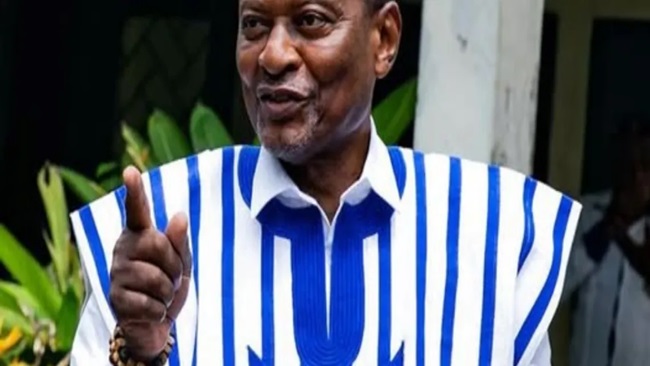
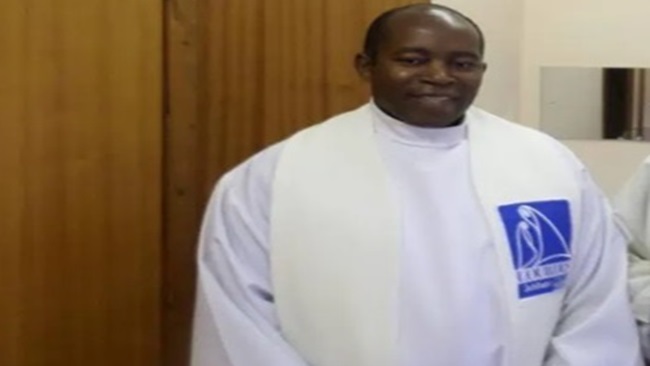
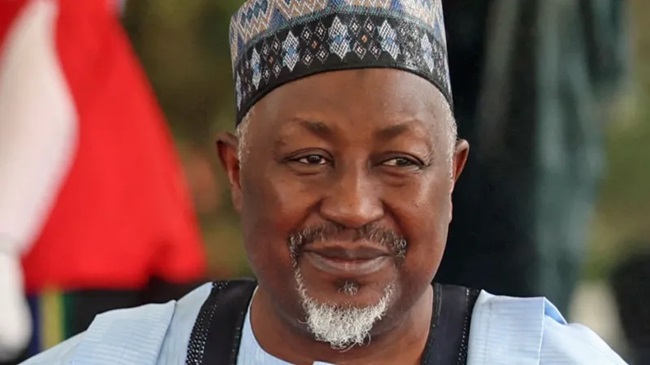


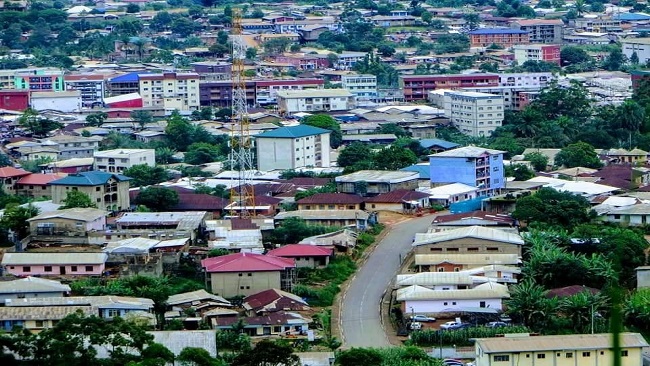
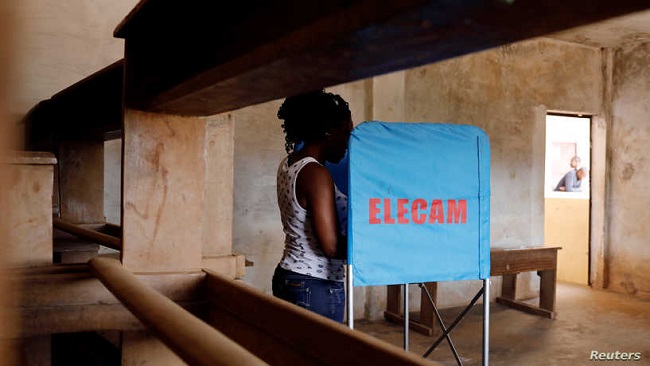


















4, December 2025
Trump to host signing of peace deal between leaders of DR Congo and Rwanda 0
The leaders of the Democratic Republic of Congo and Rwanda are set to sign a peace deal aimed at ending the long-running conflict in the region at a summit hosted by US President Donald Trump in Washington.
Ahead of the summit, there has been an escalation in fighting in resource-rich eastern DR Congo between government forces and rebels believed to be backed by Rwanda.
DR Congo’s army accused its rivals of attempting to “sabotage” the peace process, but the M23 rebels said the army had launched an offensive in breach of a ceasefire.
At the start of the year, the M23 seized large parts of eastern DR Congo in an offensive that saw thousands killed and many more forced from their homes.
DR Congo’s President Felix Tshisekedi and his Rwandan counterpart Paul Kagame have frequently exchanged insults in recent years, each accusing the other of starting the conflict.
Trump got the two countries’ foreign ministers to sign a peace accord in June, hailing it as a “glorious triumph”.
Tshisekedi and Kagame will now endorse it, with several other African and Arab leaders – including those of Burundi and Qatar – expected to attend the signing ceremony.
Source: BBC